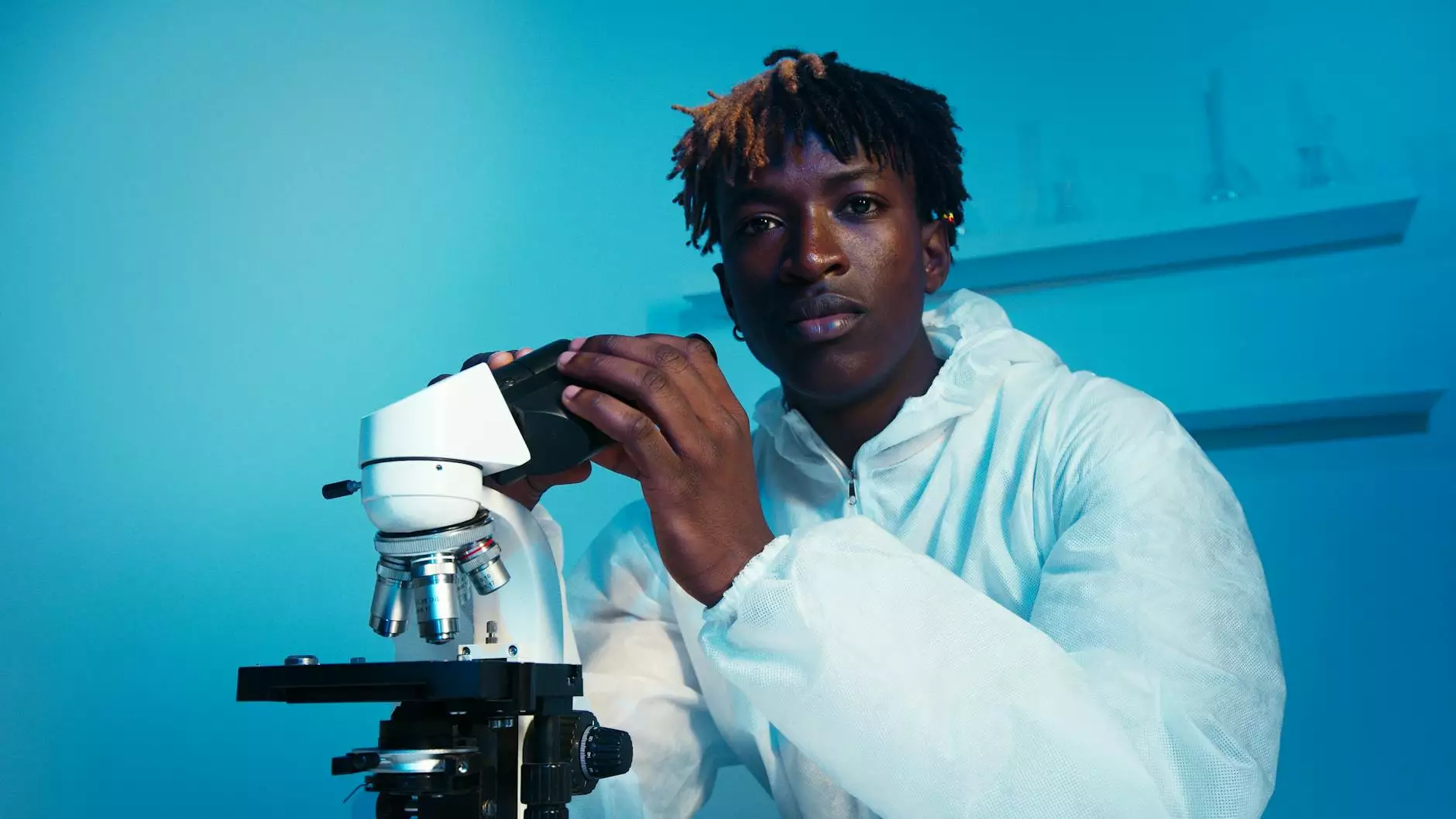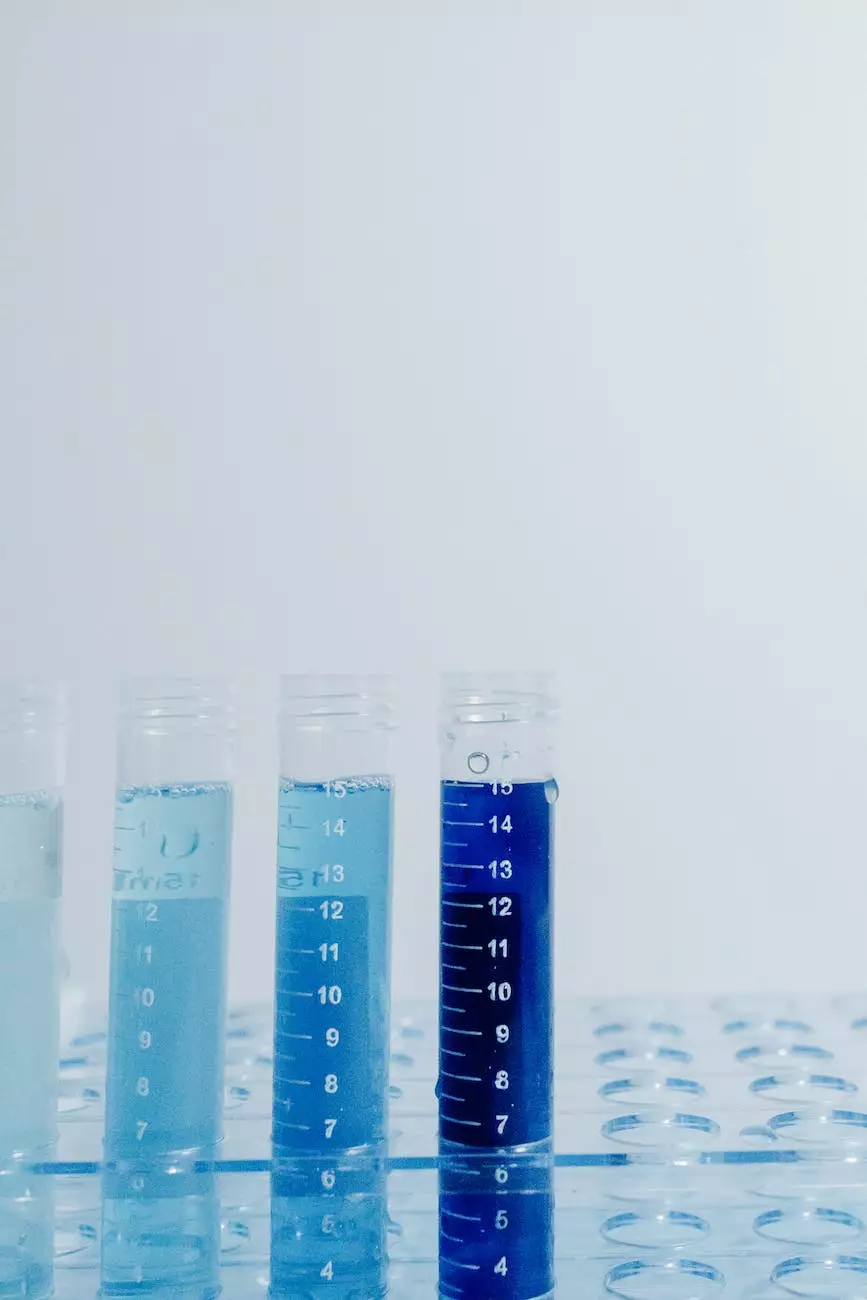Grow Pink: All You Need to Know About Breast Cancer

Introduction
Welcome to the informative page on breast cancer brought to you by MUIR DIABLO OCCUPATIONAL MEDICINE. In this comprehensive guide, we aim to provide you with extensive knowledge about breast cancer, including causes, symptoms, diagnosis, treatment, prevention, and support resources.
Understanding Breast Cancer
Breast cancer is a type of cancer that develops in breast cells. It is the most common cancer among women worldwide. Although it predominantly affects women, men can also develop breast cancer, although much less frequently. This guide will focus on breast cancer in women.
Causes and Risk Factors
While the exact causes of breast cancer are not fully understood, various factors can increase the risk of developing the disease. These risk factors include:
- Age - The risk of breast cancer increases with age.
- Gender - Being a woman is the primary risk factor for breast cancer.
- Family history - Having close relatives with breast cancer can increase your risk.
- Genetic mutations - Certain gene mutations, such as BRCA1 and BRCA2, are associated with increased breast cancer risk.
- Hormones - Prolonged exposure to estrogen due to early menstruation, late menopause, or hormone replacement therapy may increase the risk.
- Lifestyle factors - Factors like obesity, sedentary lifestyle, alcohol consumption, and smoking can contribute to increased risk.
Signs and Symptoms
Early detection of breast cancer is crucial for successful treatment. Familiarizing yourself with the signs and symptoms can help detect the disease at an early stage. Common signs and symptoms of breast cancer include:
- Formation of a lump or thickening in the breast or underarm area
- Changes in breast size or shape
- Unexplained swelling or redness in the breast
- Nipple changes, such as inversion or discharge
- Breast pain or tenderness
Diagnosis and Screening
Early diagnosis of breast cancer greatly improves the chances of successful treatment and recovery. Various diagnostic methods and screening tests are used to detect and diagnose breast cancer. These include:
- Mammography - X-ray imaging of the breasts
- Ultrasound - Sound waves to create images of the breast
- MRI - Magnetic resonance imaging to obtain detailed breast images
- Biopsy - Removal of a sample of breast tissue for examination
Treatment Options
The treatment approach for breast cancer depends on several factors, including the stage of the cancer, overall health, and personal preferences. Common treatment options include:
- Surgery - Removal of the tumor and surrounding tissues
- Chemotherapy - Use of drugs to kill cancer cells
- Radiation therapy - Targeted radiation to destroy cancer cells
- Hormone therapy - Medications to block hormone receptors
- Targeted therapy - Drugs that target specific genetic abnormalities in cancer cells
Prevention and Lifestyle Choices
While there is no guaranteed way to prevent breast cancer, certain lifestyle choices and preventive measures may help reduce the risk. These include:
- Maintaining a healthy weight
- Engaging in regular physical activity
- Limiting alcohol consumption
- Avoiding smoking
- Knowing your family history and genetic risk factors
- Undergoing regular breast cancer screenings
Support and Resources
Dealing with breast cancer can be emotionally challenging, and individuals diagnosed with breast cancer may require support and access to resources. There are various organizations, support groups, counseling services, and online forums available to provide assistance, guidance, and community for individuals and their families.
Conclusion
Thank you for visiting our page dedicated to breast cancer information. We hope this detailed guide has provided you with valuable knowledge about breast cancer, its causes, symptoms, diagnosis, treatment, prevention, and support resources. Taking proactive steps, such as understanding the risk factors, recognizing early signs, and maintaining a healthy lifestyle, can contribute to the prevention and early detection of breast cancer. Stay informed, stay vigilant, and grow pink!










